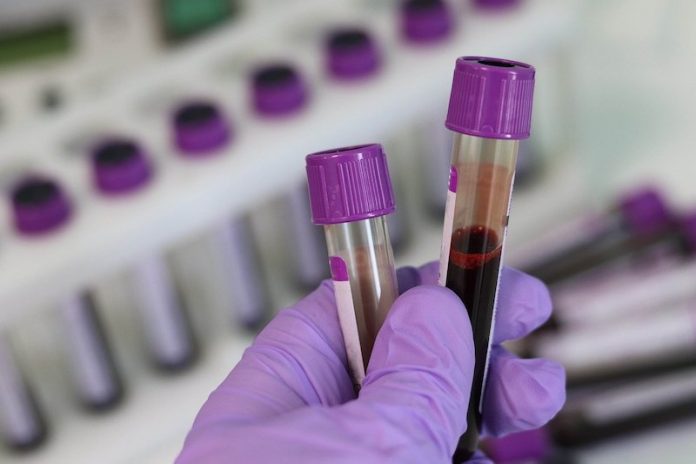
In a new study from British Pharmaceutical company AstraZeneca, researchers developed a new antibody drug that increases the level of lipoprotein cholesterol (HDL-C).
For many years, medical researchers have been touting the benefits of reducing so-called “bad” cholesterol in the bloodstream—such low-density lipoproteins (LDLs) are believed to lead to dangerous cardiovascular events when they build up in the bloodstream.
Many drugs have been developed to treat patients with high amounts of LDL.
At the same time, medical researchers have also been suggesting that so-called “good” cholesterol in the blood should be boosted.
Unfortunately, efforts to develop drugs to do so have met with limited success.
In the study, the team developed a new drug that showed promise of overcoming problems seen with other efforts during initial testing.
The drug, currently called MEDI5884, was developed by the company as an experimental antibody drug—then testing showed it to reduce HDL-C in monkeys.
The researchers found that it neutralized endothelial lipase, which has been associated with coronary heart disease, and it did so by boosting HDL-C.
Experiments showed it could double the levels of HDL-C in monkeys in just two weeks, and it did not seem to have any negative effects.
Emboldened by their findings, the researchers tested the drug on a small group of human volunteers. They found that the drug also increased HDL-C levels in humans, though not as much as with the monkeys.
Unfortunately, they also found that the drug boosted the levels of bad cholesterol slightly, so they pretreated test monkeys with a PCSK9 inhibitor before giving them MEDI5884. That seemed to do the trick—HDLC-C levels rose but LDL levels did not.
The researchers also found that combining the two drugs seemed to increase the efficacy of both. They suggest that the combination of the two could lead to a means for controlling cholesterol in patients with cardiovascular problems.
If you care about cholesterol and your health, please read studies about why cholesterol-lowering drug statins cause muscle pain and findings of an easy way to prevent heart disease, reduce cholesterol.
For more information about cholesterol and heart health, please see recent studies about this diabetes drug may increase risk of heart failure and results showing that new method can chomp away plaques that cause heart attacks.
The study is published in Science Translational Medicine.
Copyright © 2021 Knowridge Science Report. All rights reserved.



